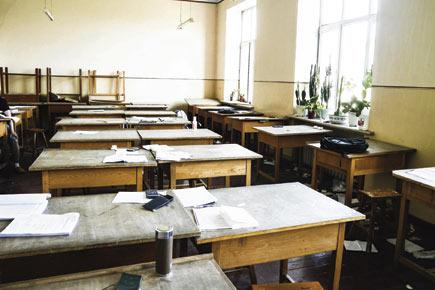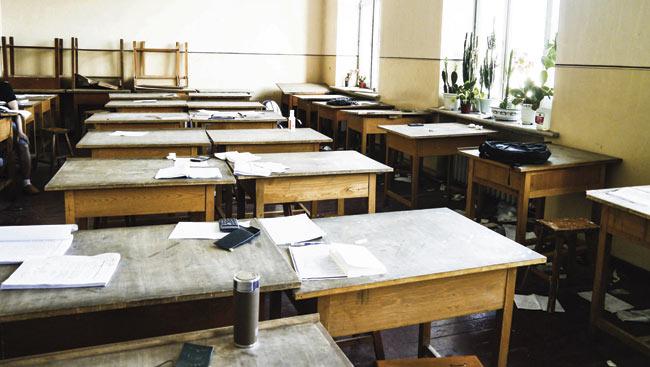After state education department revealed that only 14 per cent of RTE seats have been filled, HC may allow schools to fill vacant seats with students from the general category

The recent disclosure by the state education department that close to 53,000 RTE seats in schools across the state are still lying vacant speaks volumes about the lack of efforts made by the department to reach out to potential applicants.
ADVERTISEMENT

Out of the 8,223 RTE seats made available in the 300-odd schools of the city, only 14 per cent were filled by the state education department. Representation pic/Thinkstock
While the Bombay High Court has now asked for suggestions from the education department on how to fill up these seats, activists claim that this has given schools a good excuse to let students in the general category apply for it, defeating the purpose of the reservation quota under the Right to Education (RTE) Act.
“The court may suggest that schools should allow to give seats to students living nearby who need admission. While the plan sounds logical, schools will make the most of it, as, now, they can fill the seats in exchange for exorbitant fees, while the children who really needed it will miss out on the opportunity altogether,” said Sudhir Paranjape, an activist with Anudanit Shiksha Bachao Samiti (ASBS).
The NGO had filed the petition in July, alleging discrepancies in the online RTE admission process, conducted by the BMC’s education department this year. In reply to the PIL, the BMC submitted figures stating that out of the 8,223 RTE seats made available in 300-odd schools of the city, only 14 per cent were filled.
To make matters worse, not every child who was allotted the seat in the process was able to get his/her admission confirmed. “Many schools tried to circumvent the law and refused to confirm admissions to these children. Even after the High Court gave clear orders to schools, they still refused to follow rules,” said K Narayan, another ASBS activist.
Schools welcome move
Many schools in the city have welcomed the possibility that they can fill their vacant seats. At the start of the online process, the education department had clearly stated that if the RTE seats were not filled, it would remain vacant throughout the academic year. This was a huge setback for schools, especially for the eight that did not receive any application.
“On the one hand, the government talks about providing education for everyone, and on the other, they force us to leave seats vacant at entry level. Schools have made all the efforts to inform people and confirm admissions of students who were allotted the RTE seats.
But, if the seats are still vacant, then we should be allowed to give admission to students who need it,” said the principal of a Bandra school, which has 30 seats lying vacant, after giving admission to four students under RTE.
Speaking to mid-day, a senior BMC official said that their decision of not converting RTE seats to general category would remain applicable, as long as the High Court does not overturn it. “If the court orders that schools can admit students who are not necessarily from economic or socially backward classes of the city, then we will have no option but to allow it.”
In the next hearing, scheduled this week, the bench has asked the BMC to submit a detailed report of the admission process. “Right now, we are collecting data to submit to the court and prove that schools need to ensure that every child eligible to get admission under RTE gets it, and only then should schools be allowed to convert vacant seats to general category,” added Paranjape.
 Subscribe today by clicking the link and stay updated with the latest news!" Click here!
Subscribe today by clicking the link and stay updated with the latest news!" Click here!






